There’s nothing wrong with going to a community college
September 15, 2022
College is always a topic of discussion for high school seniors and it can be unimaginably stressful to deal with.
Counselors, teachers, parents, and even other classmates are bound to ask about your plans after high school. Though they never say it explicitly, I think we can all agree that they assume you’re going to tell them about the four year university you’re looking into.
Nothing is as comical as seeing the look on their faces when you respond with anything but that.
As I’ve gone through my years in high school, I can’t help but feel like there is still an underlying stigma associated with community colleges. People are judgmental when you mention it. We’ve been conditioned by our society to see universities, especially UCs and Ivy Leagues, as the top of the line, and anything other than that is not worth acknowledging. Community colleges are then labeled as the bottom of the barrel. But why should it matter where you go to college? A degree is an amazing accomplishment no matter what school you attend.
It’s important to also note that community colleges like Modesto Junior College (MJC) are free in California for the first two years as long as you fill out the FAFSA and are accepted into the school if you meet the basic requirements. I wonder if this also unintentionally contributes to the stigmatization. For some reason, the idea of a college being cheap and accessible to practically everyone makes people automatically equate it to being less worthy of respect and dignity. It’s an odd mindset to have.
Because it’s fairly easy to get into a community college and therefore less competitive, people assume that if you go to one, you are not capable enough to get into a four year college. This doesn’t make sense. These schools being less competitive doesn’t mean the classes and opportunities are not rigorous and demanding like any other college. Aniyah Hardy, a graduate from Enochs High School and current MJC student stated, “I think it depends on the class but you could say that about certain classes at a four year college as well. I can just say that community college is just very demanding and time-consuming.”
People choose to go to community college for so many different reasons. For instance, as a senior in highschool, I can safely say I’m not ready to leave home and attend a four year university. I don’t have my own bank account nor job experience. I only have my permit and most likely won’t be able to get my license until late this year or early next year. Which means I also don’t have my own car. I could go on and on with this list. The point is I don’t have enough real-world knowledge or experience to prepare myself for leaving home and attending a four year. Right now it simply sounds terrifying.
I also haven’t officially decided what I want to major in. There’s so much pressure on high school seniors to have their entire future planned out when that’s just not realistic for everybody. So many of us are just focusing on graduating high school; it’s so hard to think about the future without getting overwhelmed. Going to a community college would allow me to gain experience, certainty, and confidence while still working toward my degree by getting my general education out of the way at MJC. Then, transfer to a four year university when I’m ready.
This is why two-years are so helpful. In California, many universities have a transfer agreement with California community colleges that allows students to transfer to their school after attending a two year if they meet the credits required. You could be saving an abundant amount of money by starting at a two year college. According to education data.org, California has the least expensive community college system in the nation. $1,310 is the cost of in-state tuition for the average community college in California. And many students get tuition fee waivers when they complete a FAFSA or California Dream Act application compared to a four year institution, where the annual in-state tuition and fees are $8,260.
I don’t think people realize that it’s also common for others to join programs at two year colleges to gain certificates and experience for a vocational job. They are still receiving an education, similar to going to a four year school but in a different way to help them develop skills.
Lastly, it’s typical for students to drop out or come home after their first year, sometimes even their first semester of college. Homesickness, stress, lack of experience, etc., all cause this mentality. Therefore, I truly believe staying home after high school for a year or so to allow yourself to mentally, physically, and financially prepare for the fast paced life of college can be very beneficial. Then you can consider transferring if you would like.
These are just a few points and instances that show how helpful community colleges can be. People have all kinds of reasons for going to a junior college and all of them are valid. In the end, an education is an education. Judging someone for the path they decide to take to get one does nothing for you. It’s important that students don’t feel embarrassed or ashamed for going to a community college. It doesn’t make your education any less credible. You are still a college student working toward a degree, certificate, or experience. It’s your life at the end of the day, and how you want to go about it is your decision. Don’t let anyone tell you otherwise.

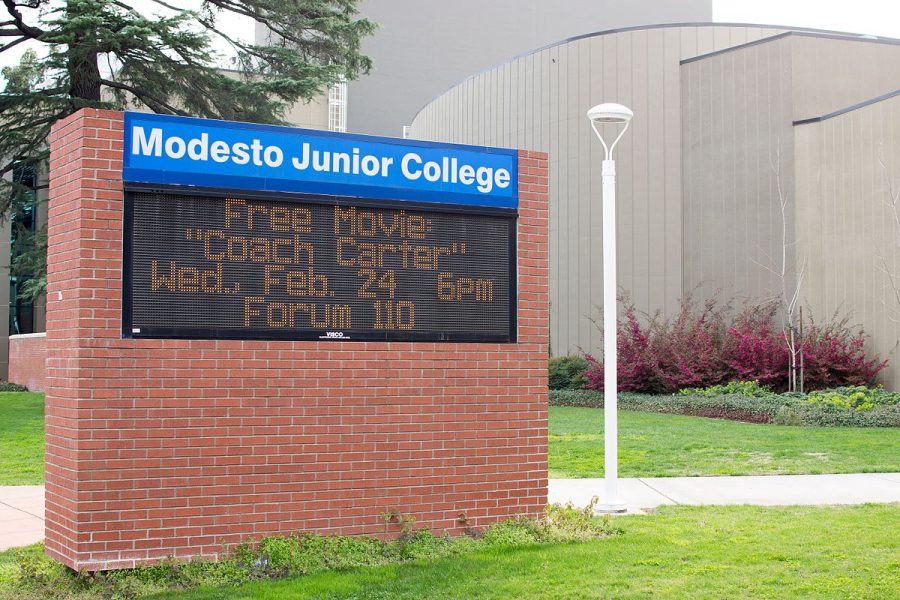


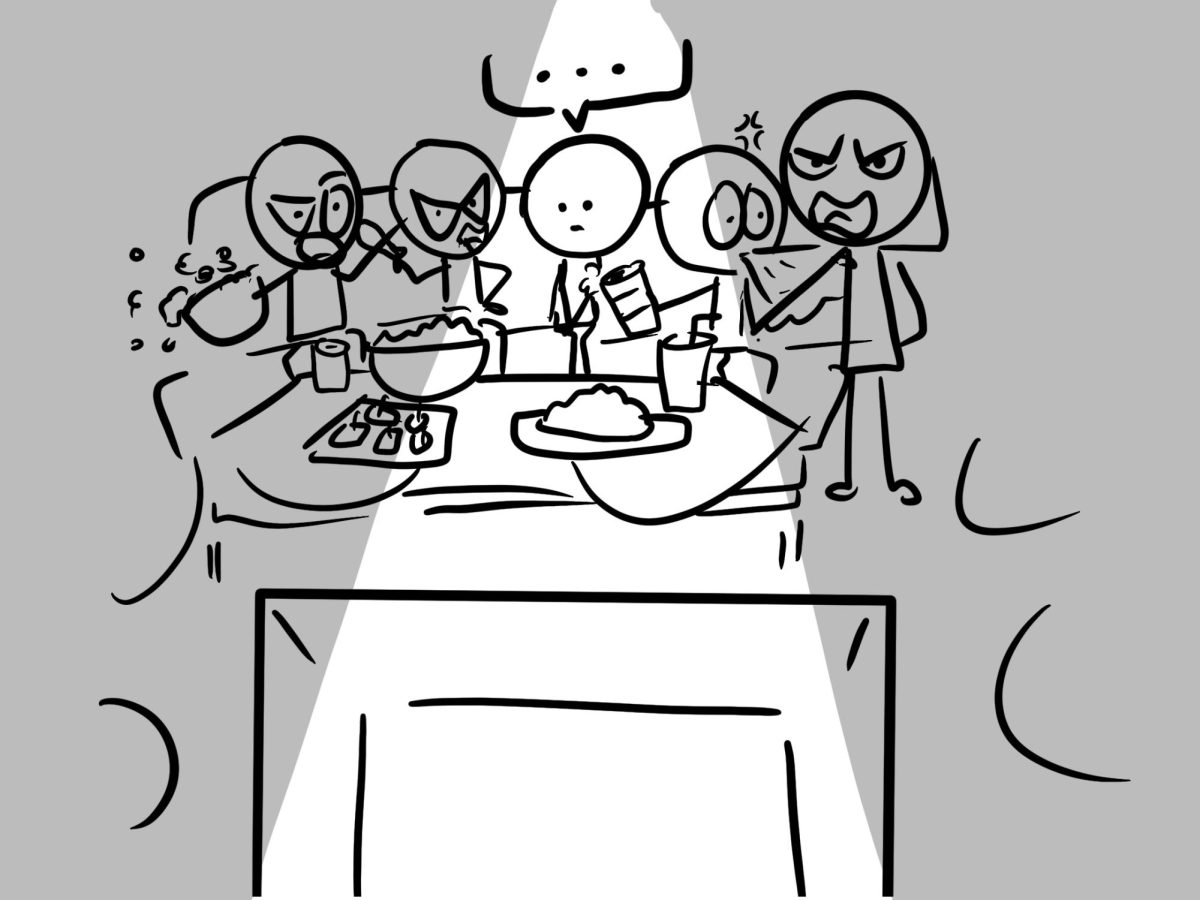

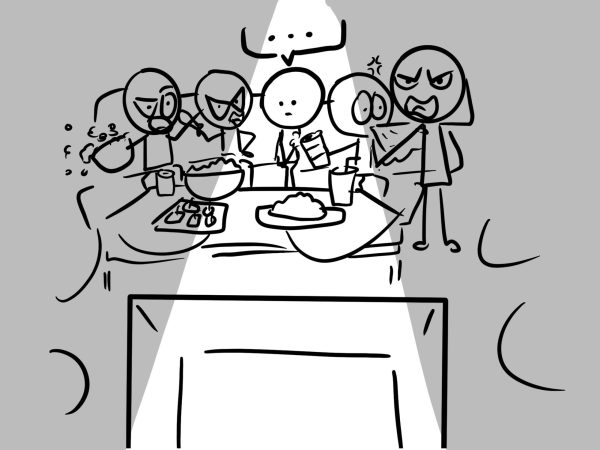






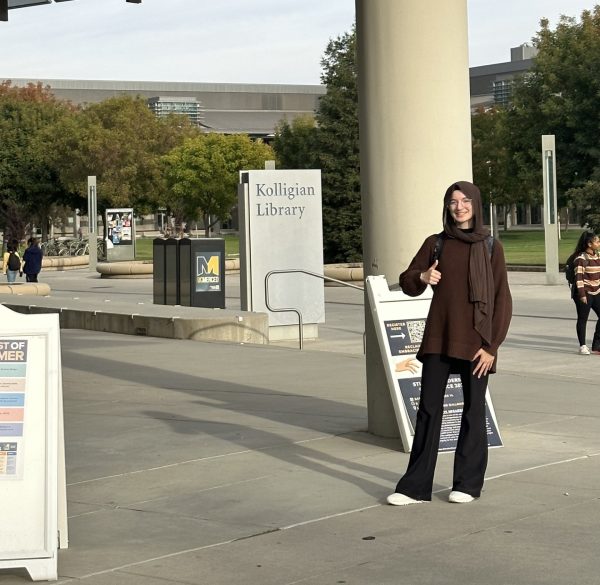
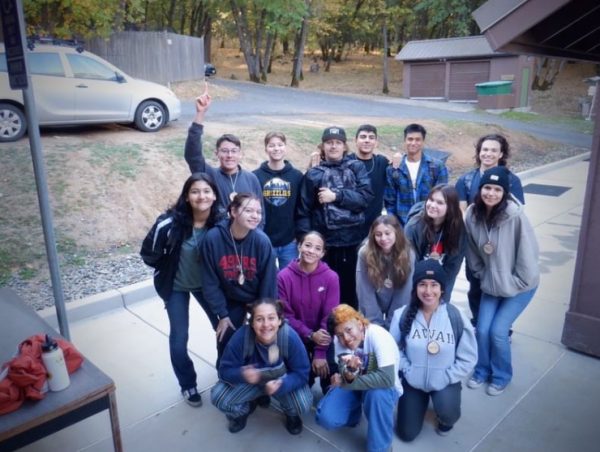
Glenn Cadwell • Sep 18, 2022 at 8:27 pm
Well written article. General Ed classes are basically the same at Columbia College, MJC ad they are at Stanislaus State. The only difference……your tuition costs are substantially higher at the 4 year and you enter the workforce with an extremely higher debt load than if you attended a JC.
At the very least finish your 36 GE classes at the JC.